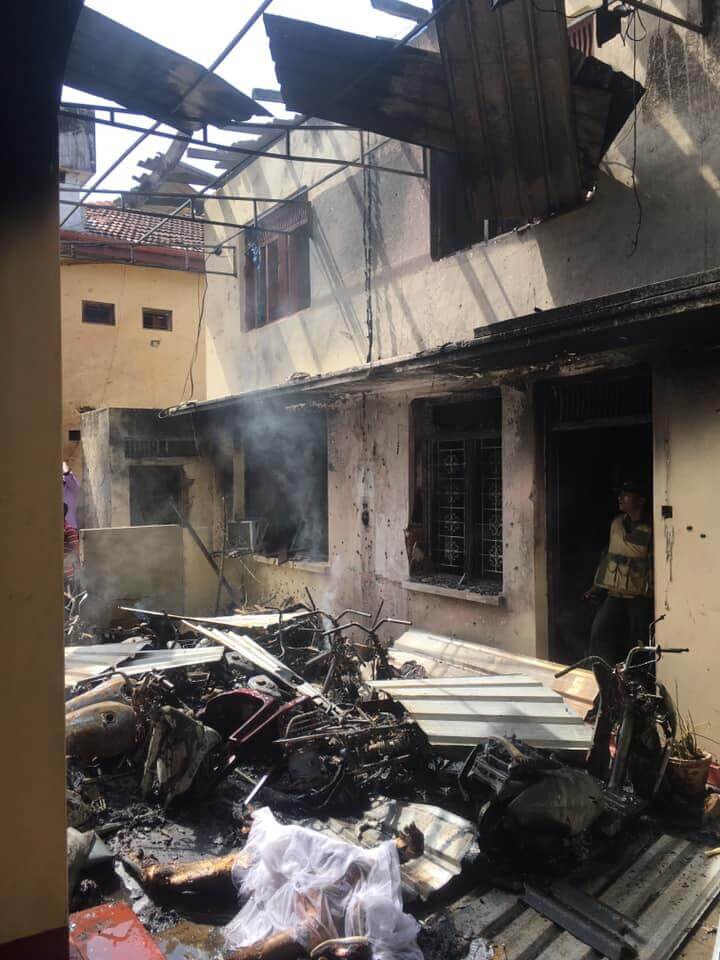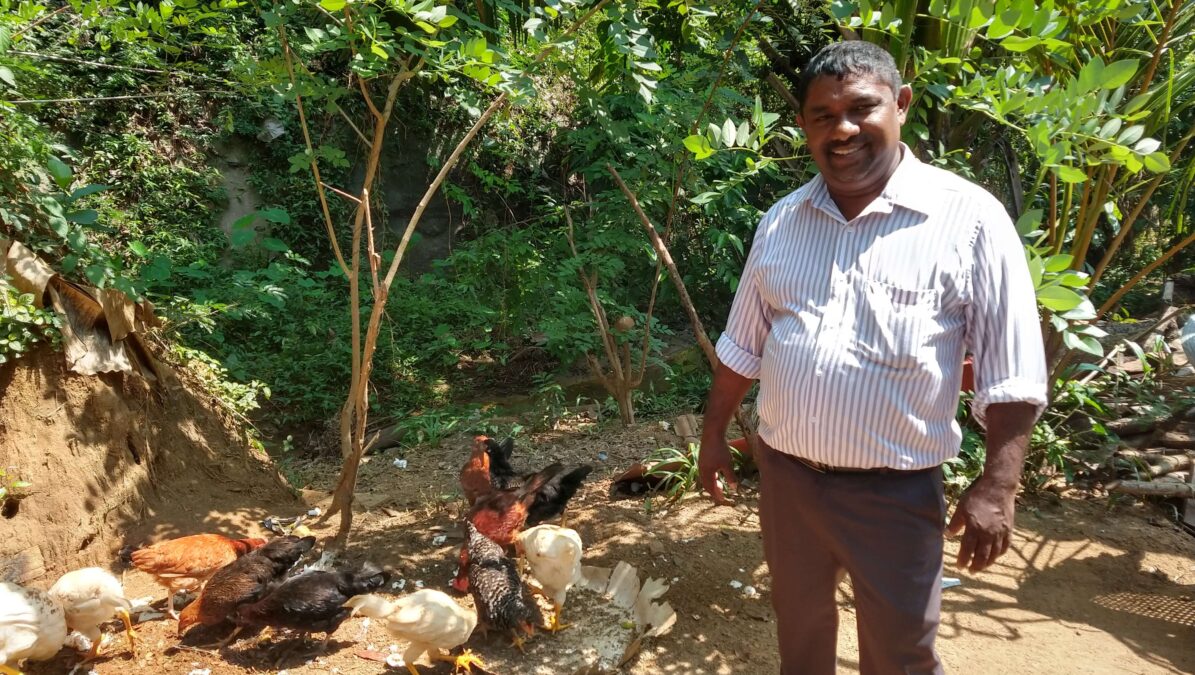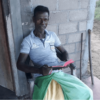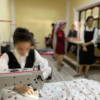Image: A priest in southern Sri Lanka has been given 20 chickens. His plan is to breed them so that he can have a bigger flock and thus a bigger income. He will spend the money on missions out of the church. The photo was taken during a project supervision in November 2018.
After the terrorist attack in Sri Lanka, our partner in the country, Evangelical Alliance, asked for help for the victims, which we agreed to. The support will consist of help for self-help and will help the victims move on with their lives. Some families are in a very difficult situation after the attack - also financially. I've just spoken to Dibisa, the Danish European Mission's contact person in Sri Lanka, who told me about the plans:

- People in Batticaloa definitely need help. There are families who have lost their breadwinner. We hope to help them so that they can have a second income even though the breadwinner is dead. In some families, both parents have died, and there are families where the son has died and there is an old father left alone. The son fed themso we want to find something thatofre can do to get by.
- The fact that we give them help to help themselves, will really help them to move forward in life and survive. It will also make them more resilient in the future.
Why not just give a monthly cash amount?
- Handing out a monthly amount is not good. We make people more dependent. Giving help to self-help is like teaching poor Fishinginstead of just giving them a fish. For how long should we continue to support them on a monthly basis? Self-help makes people self-reliant and independent. It's sustainable," she says.
Helping people to help themselves is like teaching poor people to fish, instead of just giving them a fish
It's not just the victims of the bombing who are helped by this project. Pastors and church planters are continually helped so that they can get on with their daily lives.
Our contact person elaborates: "When you are a pastor in rural areas, the congregations are very poor and the pastor doesn't get any particularly large income from their service. Help for self-help onnot only fills their dailye needs, but also encourages them to stay in ministry, which is good for God's Ryour work. That's the most important part of the project.
She continues: "It also makes them resilient. In rural areas there is persecution. If they face problems and times are tough, the stable income makes them resilient. That's another good thing.
Also a win for the family and the church
- It also helps the pastor's family. A lot of the time we see children become discouraged. Many families struggling in everyday life, so it encourages them and also helps the family.
- When the pastor stays in ministry and is encouraged and supported, he is able to lead the church better and therefore the church grows in that area. We support and care for the shepherd so that he can pass on the care. In this way, the church also benefits.
Gratitude for the gifts from Danish donors
- The Evangelical Alliance in Sri Lanka is grateful for all the generous gifts from Danish European Mission donors. Because of them, we are able to impact people's lives and God's Rige. We are grateful for what we can do. With every donation, there is a sacrifice. We are grateful for all those who sacrifice so that others can be blessed, she concludes.
Sustainable help
The "help for self-help" project consists of start-up assistance to, for example, open a small shop or buy a cow or some chickens that can produce food that can be sold. The help is adapted to the individual's abilities and needs, enabling people to support themselves and their families - also in the long term.
Support Sri Lanka: Self-help for poor pastoral families






